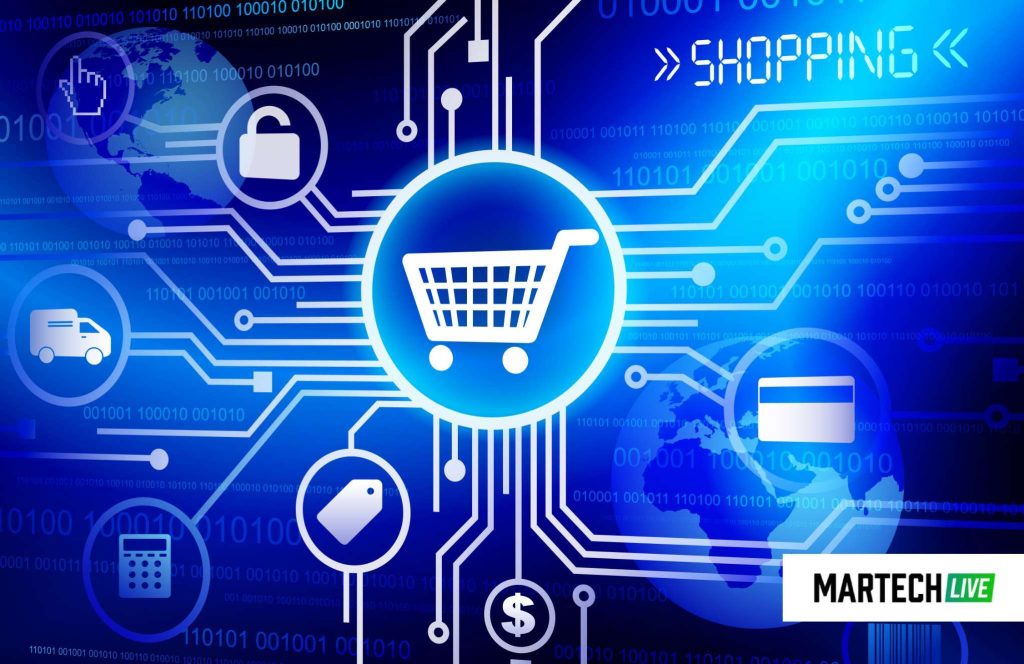Business-to-consumer (B2C) brands are undergoing a major shift in 2025 due to the incorporation of artificial intelligence (AI) to improve customer customization. B2C businesses are adopting AI those that offer goods or services directly to customers not only as a technical advancement but also as a tactical instrument to strengthen customer bonds and optimize processes.
Personalization
B2C companies are using AI to create highly customized experiences that surpass conventional marketing strategies. Businesses can construct comprehensive, dynamic consumer profiles by using AI to evaluate enormous volumes of customer data, including demographics, browsing patterns, past purchases, and even emotional indications.
Brands are able to customize offerings, experiences, and content to each consumer’s tastes due to this real-time data analysis. AI-powered recommendation engines, for example, make product recommendations based on what a user has already seen or bought as well as what other users who are similar to them are purchasing. In order to make every contact feel distinct and pertinent, e-commerce platforms are increasingly providing dynamic discounts, personalized notifications, and thoughtfully chosen content.
Nearly 50% of B2C businesses in some areas, such as the UK, are already experimenting with AI in their e-commerce operations, and many have fully adopted it. The trend is becoming increasingly evident globally, where research indicates that more than 80% of businesses, including B2C firms, are either actively utilizing or investigating AI to improve their business processes and consumer experiences.
Generative AI and dynamic content creation
In order to scale personalization, generative AI is essential. Businesses are able to produce personalized emails, landing sites, and notifications on a large scale because of it. In order to boost engagement and conversion rates, these are designed to speak to specific users based on their preferences, actions, and past interactions.
Furthermore, generative AI has the ability to modify the material in real time, guaranteeing that the data displayed is constantly in line with the client’s present requirements or preferences. Customers’ perceptions of brand encounters are being redefined by this degree of customisation, which makes them smooth, natural, and emotionally impactful.
Conversational AI and predictive analytics
Chatbots and virtual assistants driven by AI are now a crucial component of contemporary B2C customer service. These solutions provide round-the-clock support, provide prompt answers to questions, and lead users through the customer journey with tailored suggestions and answers. AI-driven assistants provide customized solutions that not only address issues but also raise customer happiness by learning user behaviour and preferences.
Conversational AI allows for more natural-feeling, intuitive interactions by simulating human speech. These clever systems shorten wait times, simplify difficult choices, and eventually increase conversions. AI gets better at providing prompt, pertinent, and sympathetic help as it learns from every engagement, which increases customer retention and loyalty.
AI is also significantly altering the B2C landscape in the field of predictive analytics. AI can predict future behaviours, client preferences, and possible purchase decisions by evaluating both historical and current data. This knowledge enables marketers to proactively connect with customers by providing them with relevant offers, content, and assistance often before the customer ever expresses a need.
Predictive analytics is changing how organizations develop and implement customer engagement strategies, from identifying high-value prospects to improving marketing campaigns and reducing customer attrition. It also helps with supply chain efficiency, inventory control, and demand forecasting, ensuring that companies can successfully and efficiently satisfy consumer expectations.
Moreover, AI-powered tools like voice and visual search are transforming the way people find products. While voice search offers hands-free exploration and purchases using spoken instructions, visual search allows users to upload photographs to find similar products. In addition to improving convenience, these AI-enabled technologies help create a more engaging, customized shopping experience.
Additionally, customers may see things like apparel, accessories, or cosmetics before buying them thanks to AI-powered virtual try-ons. These developments raise conversion rates, increase buyer confidence, and lessen choice fatigue.
In 2025, AI is not just smart it’s becoming emotionally intelligent. B2C brands are using AI techniques like sentiment analysis, emotion detection, and empathy mapping to understand a customer’s mood during interactions. Whether through chatbots, voice assistants, or feedback forms, AI can assess emotional states and tailor responses accordingly. By using this emotional intelligence, brands can provide timely, empathetic support and marketing messages that genuinely connect with consumers, strengthening their emotional bonds and increasing brand affinity.
2025 will see a major shift in the way B2C firms interact with their customers due to AI. Artificial Intelligence is turning out to be a vital tool in the B2C toolbox, promoting long-term growth, customer satisfaction, and loyalty as consumer expectations for tailored, intuitive experiences rise.



